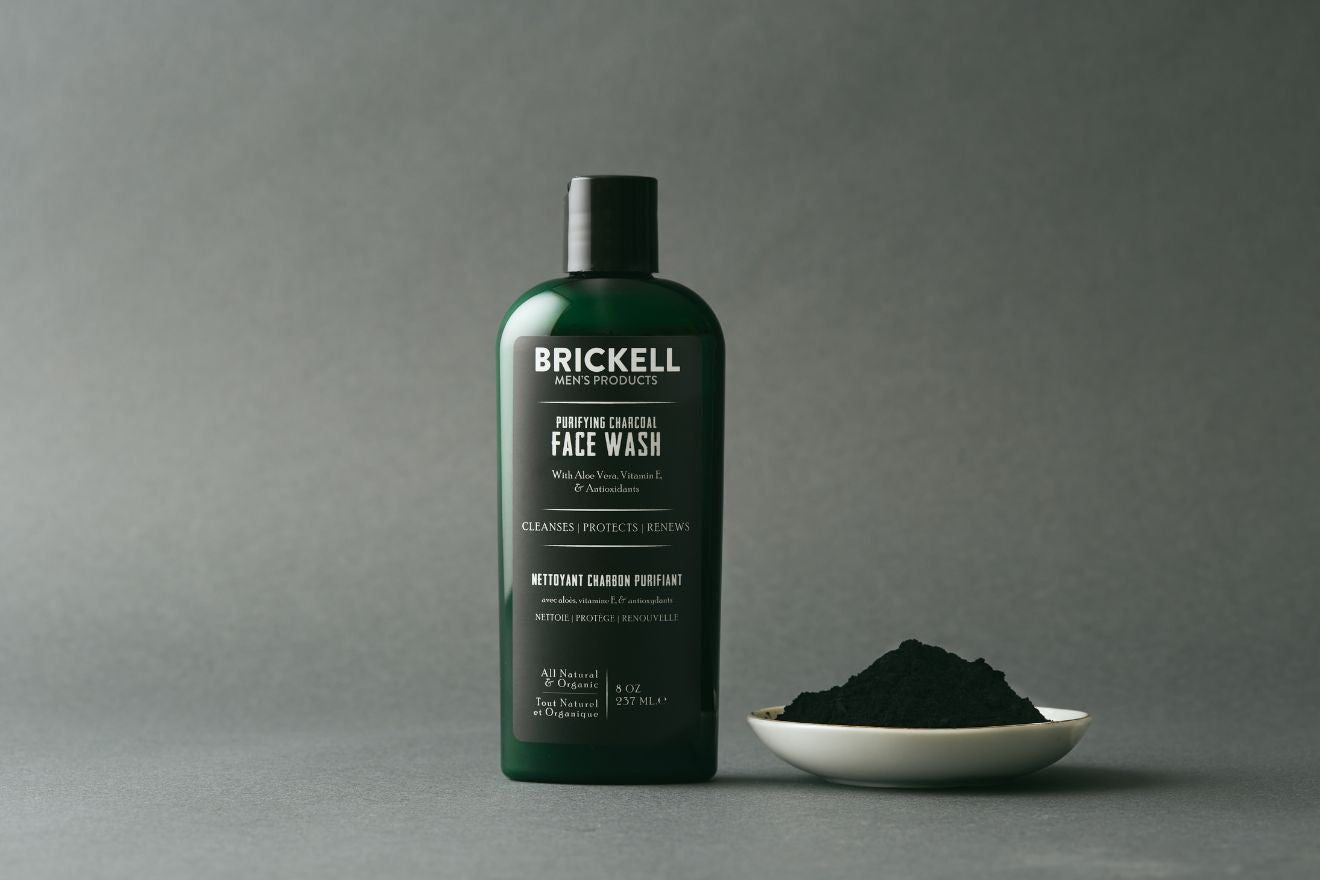
Charcoal. Once only seen in grills and bonfires, this messy black powder has become a staple in self-care products across the board, including toothpaste, body washes, shampoos, and even beverages.
It may seem like just another popular gimmick, but there can be some serious benefits to incorporating charcoal into your routine.
Here’s how to get it right.
The History of Using Charcoal
Charcoal has been used in self-care, beauty, and health contexts for thousands of years. The first recorded use of charcoal (for something besides making a fire) was around 30,000 BC when cavemen used it as a pigment to draw on cave walls. Then, in 1500 BC, Egyptians figured out that it could get rid of bad smells from wounds - and its uses have taken off since then.
Today, it continues to have important medical uses around the world: it’s commonly used to treat skin infections and in emergency rooms to help treat patients dealing with poisoning, overdoses, or venomous bites.
So what makes it so useful? Well, it’s important to note that we’re walking specifically about activated charcoal here - and it’s pretty special stuff.
Why Activated Charcoal Works
Activated charcoal is not run-of-the-mill charcoal that you can just grab out of a fire pit or from a grocery store. It’s made by heating up charcoal-making materials - like sawdust, bamboo, wood, or coconut shells - to incredibly high temperatures. This “activates” the charcoal and makes it more porous, thereby increasing its overall surface area.
In fact, it increases its surface area so dramatically that just one teaspoon of activated charcoal has more surface area than an entire football field! It also slightly charges the molecule and strips it of any previously absorbed molecules.
This process gives activated charcoal its ability to adsorb (or bind to) micro-particles like chemicals, toxins, dust, and bacteria. Then, once they’re bound to the charcoal, these particles can be safely expelled from the body.
This binding ability is what makes activated charcoal effective even against venoms and other major toxins. Imagine, then, what it can do to a little skin oil or day-to-day grime.
Activated Charcoal Skincare Benefits
There is plenty of evidence of activated charcoal's internal and medical benefits that suggests that, when applied topically, activated charcoal can:
- Deeply cleanse the pores of dirt, bacteria, and other facial irritants
- Adsorb irritants from the surface of the skin without overdrying
- Regulate sebum production for oily skin
Plus, it’s never been shown to be an allergen or an irritant, so there’s no downside to giving it a try.



